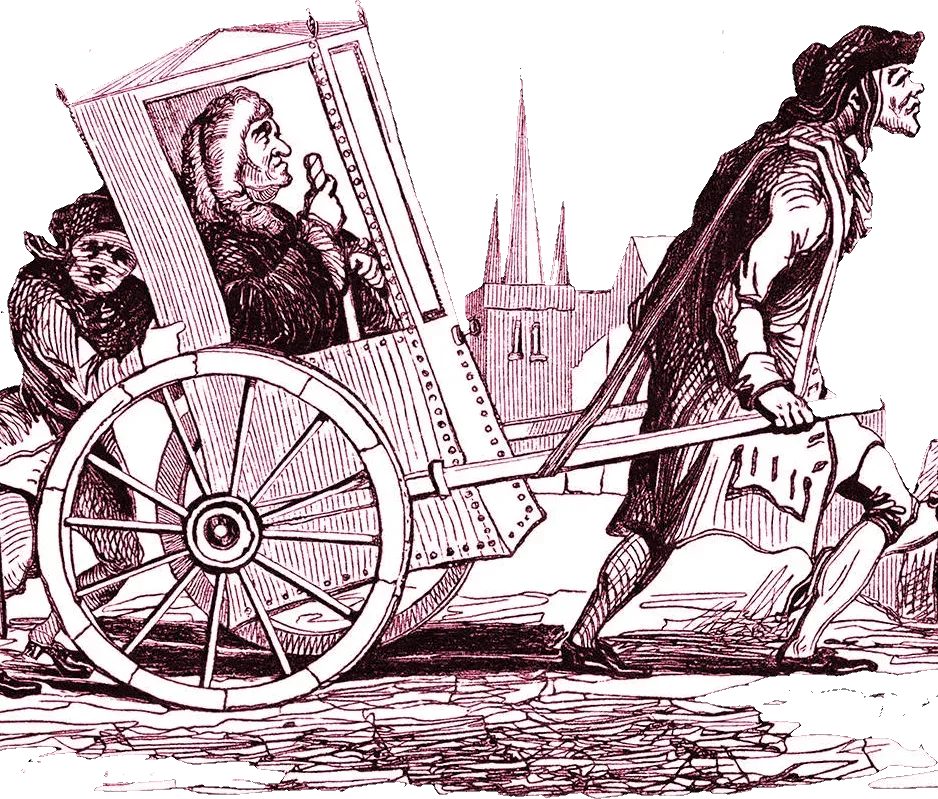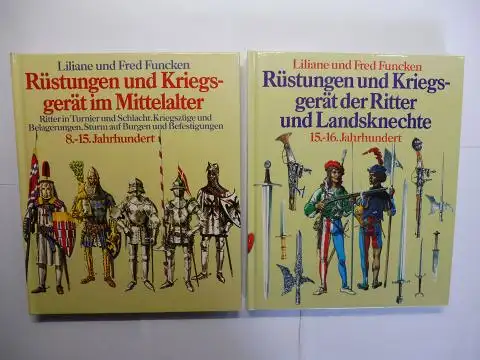
A spectre is haunting the blogosphere – the spectre of the personal Appendix N. All the blogs have congregated to bow to this apparition, like Prismatic Wasteland, Rise Up Comus or Forlorn Encystment.
For those precious few not in the know: In one of the many, many appendices of the original AD&D Dungeon Master's Guide, Gary Gygax gave us a list of the many books that had an influence on the creation of the game. (Since then, they have served as the fodder for all kinds of apologia and exegesis, for those people in the ultra-fandom who aren't part of the sola scriptura faction.)
Gygax' list was all about books, but we've got so much more to cover in these days, which means I'll constrain myself and pick a handful of each section only.
Words written into my GM soul
- The Tortall Saga by Tamora Pierce, starting with Song of the Lioness. Girl wannabe knight switches with her twin brother, who really wants to be a wizard. One of the few YA novel series I actually liked, but more importantly, it colored my gaming expectations a bit: In the world of the novels, being a knight and having magical gifts wasn't that rare. So why do I have to pick one as a PC? Balance alone can't be it.
- The Legacy of the Drow books by R.A. Salvatore. I hear you groan. Drizzt novels? But hear me out. This wasn't my first set of D&D novels, that probably was the Dragonlance saga. But this one had a bigger impact on myself, as the Underdark and its societies presented in there were just a bit different than the theme park middle ages you see elsewhere, and I was seriously disappointed when the main character left the caverns and the author all moral ambiguity. This was my entry to the author and main character, and nothing written after that (or before, with the abominable Crystal Shard series) captured that magic for me. Well, he had some nice fight scenes, to be honest.
- Rüstungen und Kriegsgerät books by F. and L. Funcken. My public library had these two books about historical arms and armor, and I borrowed them repeatedly. The authors illustrated comics, so the drawings were a bit more colorful and alive than your average history book schematics. Granted, they sourced the same crappy 19th century history sources that Gygax did, so we do see some "splint armor", but in an age where the RPG books I had and saw were rather lackluster, this was the visual pillar of my imagination.

Of course I like gladiator movies, too!
Let's get to the movies that still inspire my gaming. I'm a bit of an older chap, so the Lord of the Rings movies, while being one of my favorites, didn't have that much of an impact.
- Magic Boy – a proto-anime from 1959. Robbers with their evil witch leader bother a young boy's sister (who's a bit of a animal-talking Disney princess), so he goes to a sorcerer on a mountain and learns magic. Ninja-like magic, but that wasn't that obvious to me back then. Apart from the great story, this was another system-picking filter for me: Could I build Sasuke, both regarding the power level of his magic (flight, telekinesis) but also his martial abilities?
- The 36th Chamber of Shaolin – I always liked the Kung Fu movies German TV showed. Mostly Shaw Brothers and other non-Wu Xia material. The secret techniques shown there still have an impact on my game design wishes, where I like mechanics that add a variety to martial endeavors, not just a single number that goes up. Note that once again this is media about training and growing. It all slots in nicely with the experience ladder of RPGs.
- Parkour videos – In the 00s, online videos showed up where rather ordinary people performed some outstanding acrobatics in urban environments. Not the gear-bound stunts of skateboarders, not the actual stunts of movie trickery. It just seemed more real, and definitely impacted on what I saw plausible in even hardcore realism contemporary games. Also makes me want to run more chase scenes, which is a game mechanic not quite as badly done as starship combat.
- Captain Future – My favorite childhood TV series, an anime version of the pulp sci-fi character. For German TV, they shortened the episodes (removing lots of combat, turning it more "cerebral"), and added a "disco-synth" soundtrack, which is just too awesome. The main reason why my favorite sci-fi gaming takes place in our solar system alone, which brings me at odds with all my players just wanting to do interstellar trade & mercenary work, and/or just Star Wars/Trek.
The new wave of appendix-havers expand on Gygax' chosen media a bit, and whenever someone mentions Google Plus, my wrinkles deepen further. But beyond this, of course we also get to see something that Gygax couldn't put on the list: Other Role-Playing Games. So let's start here.
Does this count as RPG trauma?
I recently read an article stating that nobody has a personality anymore, we just have trauma. Well, in that manner, let's not limit this list to my favorite games, let's pick some that just moved me in a certain direction. I'll include video games, to spare your further sections.
- The Dark Eye, 2nd edition – I started playing with the first edition, but apart from the introduction itself and some nostalgia tied to it, I don't think it influenced my gaming experience and what I think of RPGs that much.
The second edition, introduce in 1989, certainly did that to a higher degree. This is the edition that got the game its "bucolic rural wanderings" reputation. The adventures were bad, so I focused on the regional expansion, of which they had a-plenty. And it was all done in that peculiar German "travelogue" style, where there was more a focus on ambience than pure adventure hooks. At least they were still mercifully short, further books kept this focus, added lots of self-referential metaplot history, and even more bloat stolen from actual history.
But the damage is done. I expect my fantasy worlds to have this naturalistic vibe, and I like just helping villagers, both regarding the absolute power level and the morality of it all. Sorry, gold-for-XP section of the OSR… - Ultima VII – I got this for one enchanted Christmas. English edition. Barely fit on my 40 megabyte hard drive, so I put compression software on that, turning every save into a meditative experience. Immersive world-building, a rather bucolic world where every trout & sock is present and counts, no clear division between wizards & warriors, and you knew the runic writing by heart after a while. Reinforced my preferences in many ways, but also had a simplicity that I rarely saw mirrored afterwards, although for me Skyrim picked up a lot of those threads.
- AD&D 1E – One toy store had this in their board game section. I "visited" it many times. Quite expensive for a child, and the binding was already bad in the store, with loose pages. But in the end I bought it, because it was so fantastic to me, who mostly knew The Dark Eye 1E and some of its adventures from my church library. Way more powerful magic! But why do I need those clerics, can't you give everyone cure spells? Monks, just like the movies! But they all were Shaolin, no roguish ruffians like in Stroke of Death ("Hooray, the bone-breakers are here!" in German)? Hmm. Thus started a decade-long love-hate relationship.
- RuneQuest 3E – Probably the first English game I bought, and from an actual FLGS from the Big City! This, along with Ultima VII, is responsible for me not being bad in English during school, which also made me more handy with computers, so probably responsible for my whole career. This was ground-breaking for me. Sure, The Dark Eye 2E already had a skill system, but retained levels and classes, and ever-increasing hit points. This was both grim, but also had omni-present low-level magic, and a fantastic Europe setting (Glorantha was more an afterthought in the box). I ended up really liking GURPS after that, but this was the bigger break-through.
As I said above, there were films, books and games that had somewhat of an impact on me later, but these are some of the foundation that I still can't get rid off, even after all these years, no matter how much OSR, or FUDGE or Blades in the Dark I get to play.